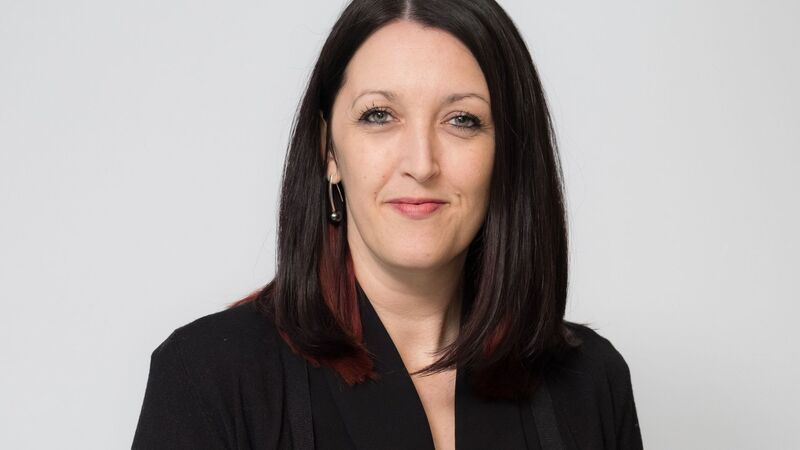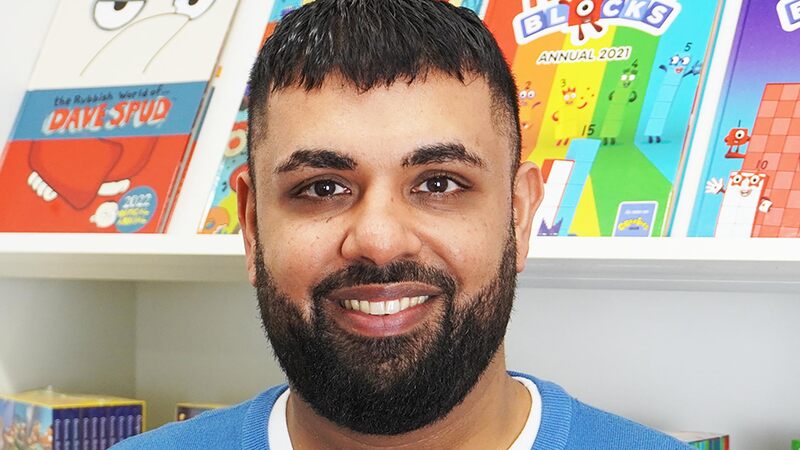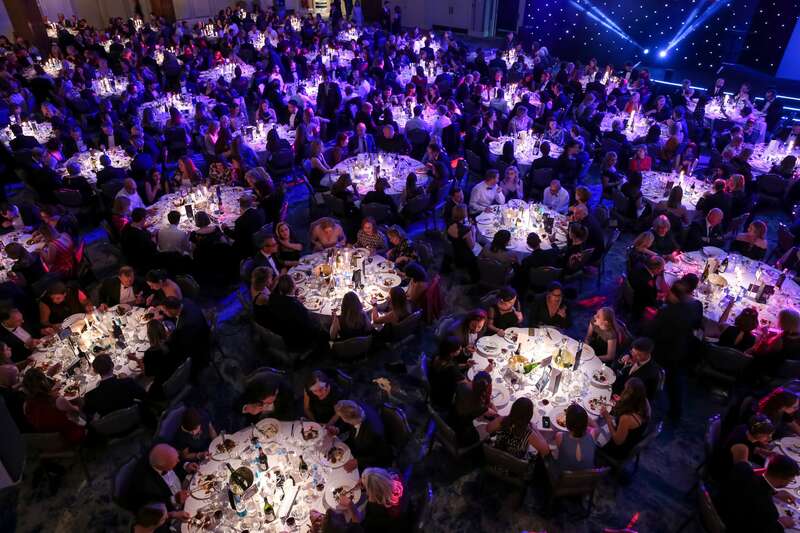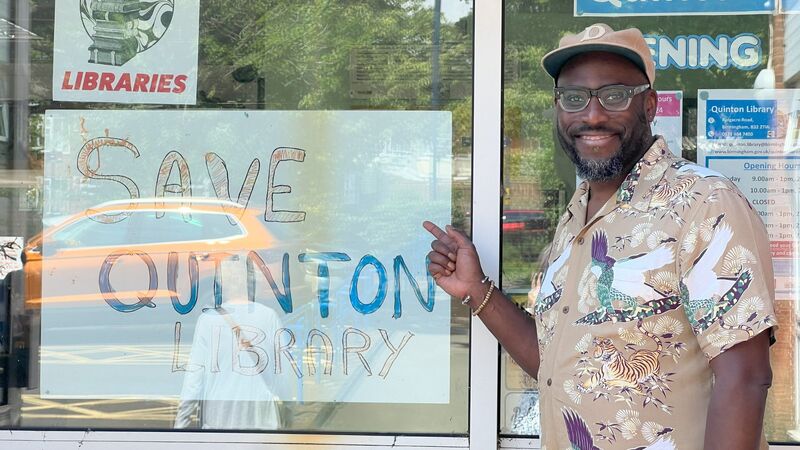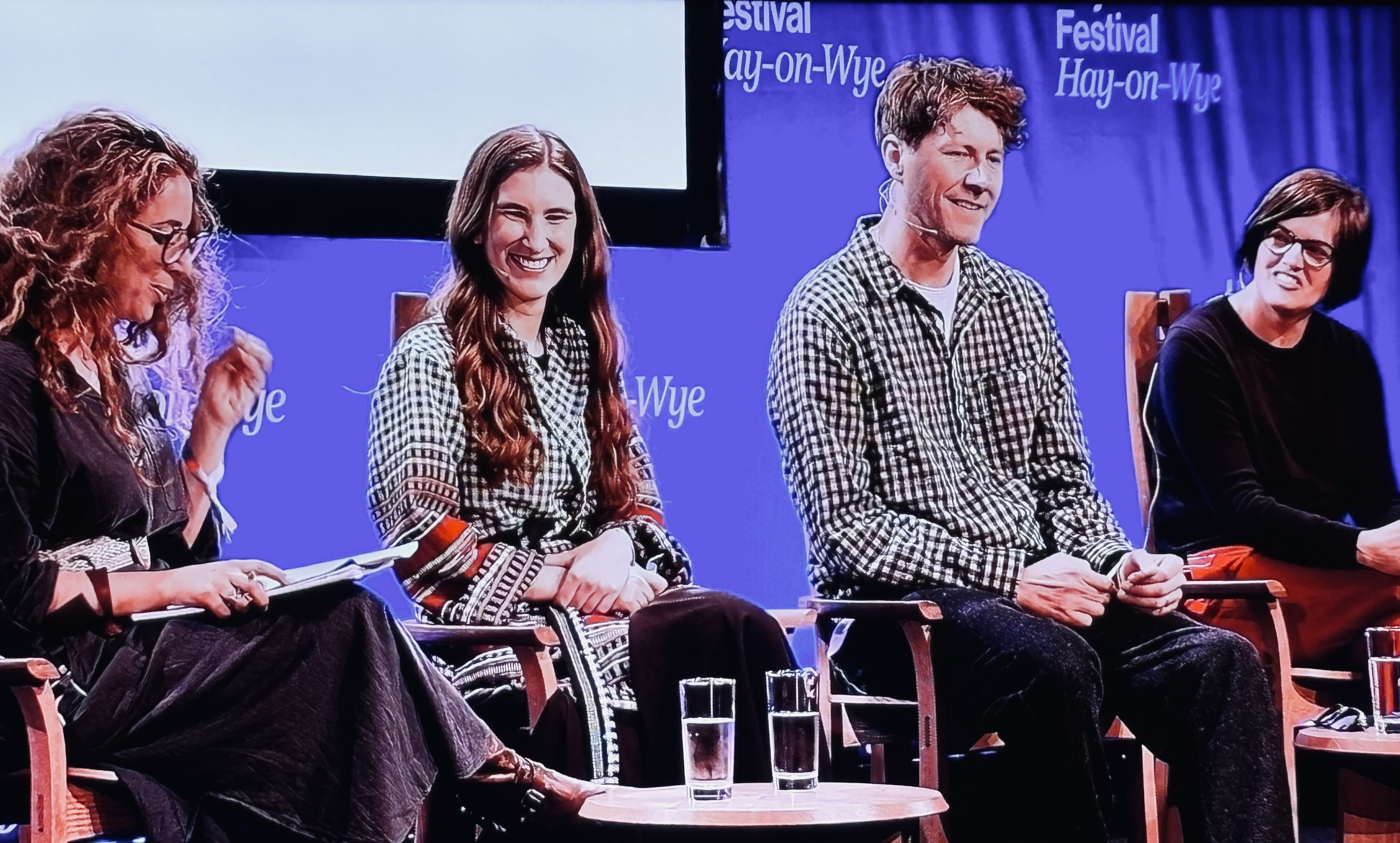You are viewing your 1 free article this month. Login to read more articles.
Walking forwards
We do not need to change everything to change some things.
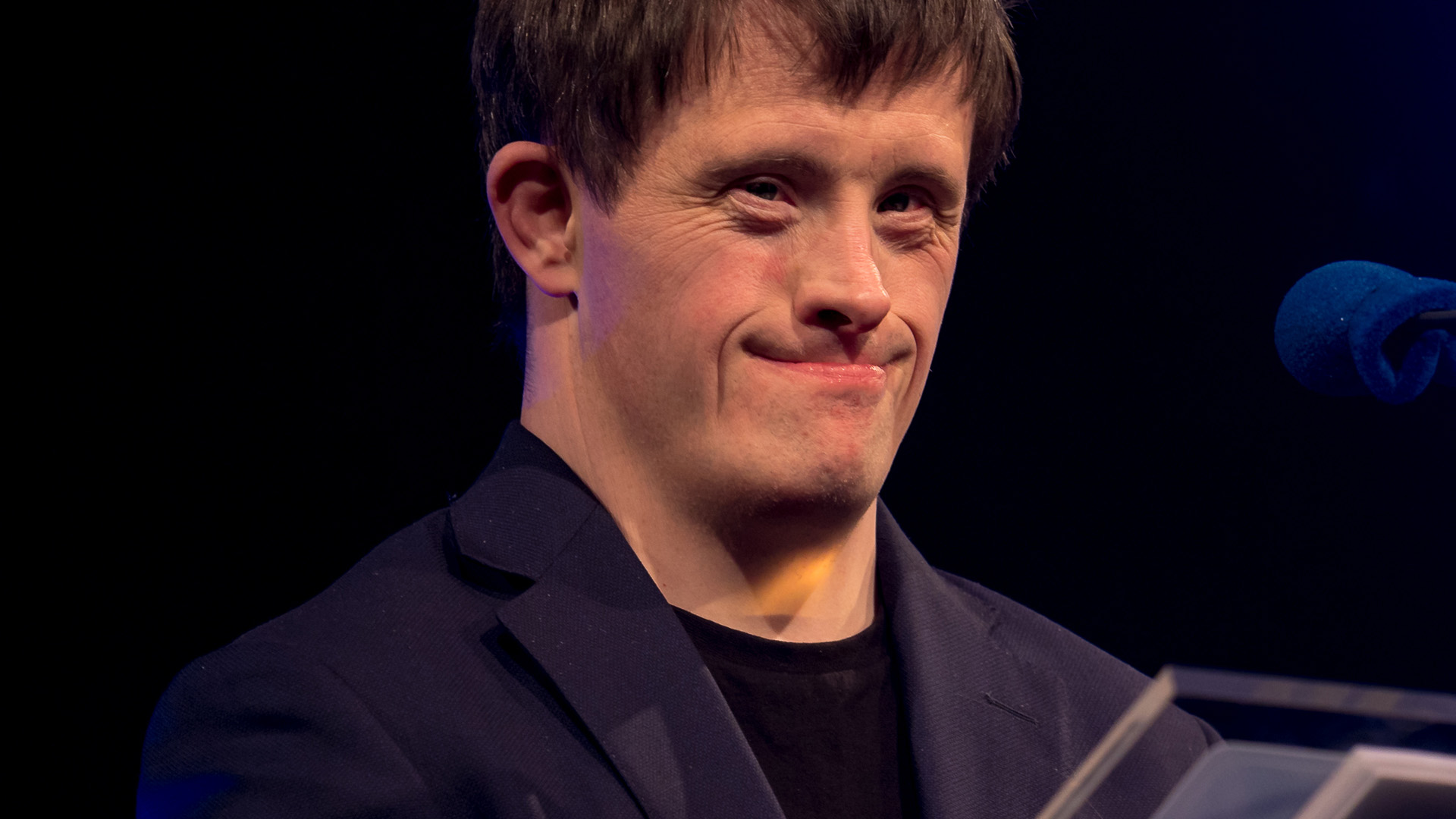
In his speech at The British Book Awards the actor Tommy Jessop said something that we can never hear enough of in this business. “Writing can change the world,” he said, adding with a mischievous flourish that, in particular, he hoped his book would “change the world for people living with Down Syndrome”.
I have been reflecting on this after the ceremony held this week (see pp10–11 and the supplement with this week’s magazine), partly because of what the TV presenter and now serial winner Davina McCall said as she accepted one of her two awards on the night for her book Menopausing (written with Dr Naomi Potter).
The overall Book of the Year winner Menopausing is a book of its moment. It took a difficult subject and raised it up, both as an area that needed greater discussion, but also one that could become a movement. It promised no easy answers, but hope, education and support. With close to 200,000 copies sold in hardback and, since Monday, back at the top of the Amazon charts, it suggests to me that its impact will be profound. It does everything a book like this can do and, from an industry point of view, it’s something of which to be proud.
Yet McCall felt differently. “I feel like an imposter here, we just wrote a book about something we feel really passionate about, and we felt everyone else needed to know about… We’ll keep doing what we are doing, and keep walking forwards, because sadly, nothing seems to be changing.”
Publishing is a business used to dealing in the harsh realities of the day job
McCall wasn’t the only winner expressing their views on the night. Children’s Fiction winner S F Said told how he’d spent nine “long, hard” years writing his children’s fiction winner Tyger, because he believed “children’s books are the most important books of all”. Children’s Non-Fiction victor Dr Alex George wanted young people to know there was “always hope for a better day”, particularly because he had lost his brother to suicide three years earlier.
Individual Bookseller winner Carolynn Bain of Afrori Books wished that her role was not necessary but said she would keep getting up to do the “worst paid job I’ve ever had, but also the best job I’ve ever had” until the day when there is a “level playing field for Black authors and authors of colour” (and a less “beige” book awards). Author Salman Rushdie—recipient of the British Book Award for Freedom to Publish—reminded us of the need to keep resisting the censor, an increasing problem now, too, in the West.
Somewhere between all of this optimism, bravery, defiance, advocacy, warmth and determination is where we sit. Publishing is a business used to dealing in the harsh realities of the day job, from a failed campaign that never quite launches, or a book that does not find its readers, or one which meets with the critics’ disdain. We should never get so used to the knockbacks that we stop “walking forwards”. We do not need to change everything to change some things. To echo Jessop (and perhaps to reassure McCall and the many others who feel the same doubts), one book read by one reader really can make a difference. This is the way.












